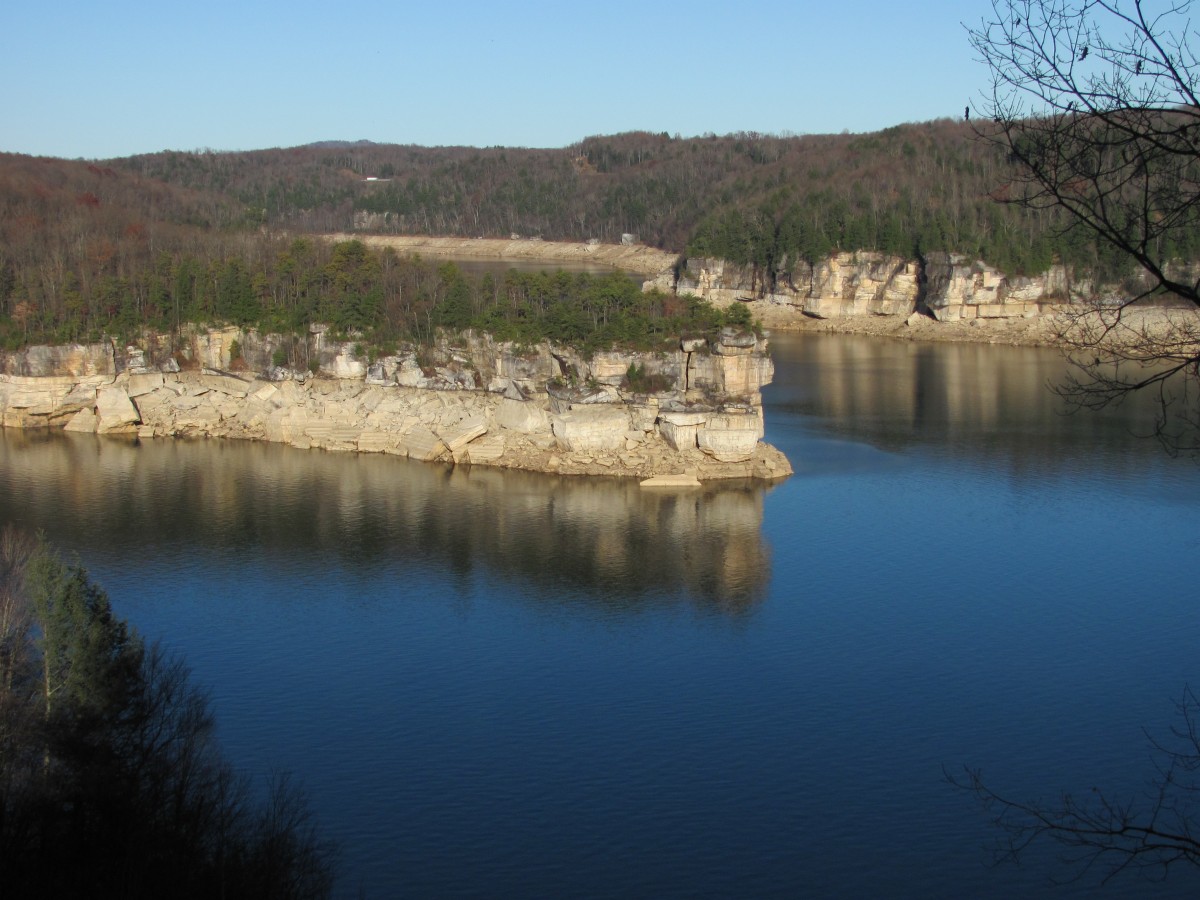An urban “glut” of new lawyers hides the fact that many rural communities lack legal expertise that could help them address personal and societal issues. One lawyer who returned to her rural roots from the big city is part of an effort to change that.
Last summer, I quit my job at Harvard Law School and moved to Kentucky. Notable Kentuckian Albert “Happy” Chandler once said, “I never met a Kentuckian who wasn’t either thinking about going home or actually going home,” and I was no exception, finally fulfilling half-baked plans to return home that had formed the moment I left Kentucky for law school over a decade prior. Yet in spite of Happy’s wise observation, I had built a successful legal career in Boston, I loved my clinical teaching gig at Harvard Law, and I did not have a job waiting for me in Kentucky. Needless to say, this move seemed less than obvious to some of my colleagues. I knew I was on to something good, however, and that the time to make my move had come. Let me explain.
By way of background, in May 2017, Lisa Pruitt and I co-authored an op-ed for the National Law Journal titled, “It’s Time to Heed the Call of Rural America.” Lisa has been writing and teaching at the intersection of law and rurality for many years, including at her blog, Legal Ruralism; my personal interest in rural people, places, and issues has become a professional pursuit in more recent years. Though I was teaching at a law school in Massachusetts and she was in California, we had both witnessed the momentous uptick in law students, lawyers, and other “coastal elite” friends who were newly tuned in to the struggles of rural people following the 2016 presidential election. Indeed no matter where any of us call home or currently live, we all now share the burdens of rural America’s disproportionate share of societal problems and corresponding critical shortage of attorneys through our collective state of political discontent. Addressing attorneys directly, Lisa and I concluded our op-ed article with a challenge:
“A moment when lawyers are so treasured that the ACLU can raise $24 million in a single weekend is also a moment when other national institutions can step up, acknowledge the legal needs of rural America, and address them. We have heard the call. Now how will we respond?”
As you already know, I responded to the call in my own way a few months after the op-ed went to print, by removing myself from among the oft-reported glut of lawyers in America’s cities and adding myself to the dwindling rural ranks. Certainly plenty of rural people have pressing unmet legal needs that merit lawyers’ individual and collective responses: Eric Conn’s busted social security fraud scheme alone has left thousands of rural victims in need of legal counsel. But the truth is that I wasn’t leaving my much-loved job in clinical legal education and running home to Kentucky to save my people from the woes that had befallen them. I was running home because I recognized the potential of the moment and the exciting opportunities it presented for meaningful work. I was also running home because Kentucky is an incredible place to live.
Too many headlines paint all of rural America with broad (and ugly) strokes that solicit a sacrificial response to the call of rural America. Yet an increasing number of us city dwellers happily choose to go – or return – to places where we want to raise our children, where we see fulfilling work that needs to be done, and where we might live a life that we can afford to live in a place we want to be. Of course I see the shortage of rural lawyers and unmet rural legal needs as challenges that must be addressed, but I also see them as compelling opportunities that are ripe for the taking. Law school education, legal practice, and the national legal market as a whole are overdue for change. Just as my sprawling Kentucky garden is leaps and bounds more productive than the leggy tomato plants I tended in pots on tiny porches in the city, I believe rural America presents fertile ground for positive growth and innovation in the practice of law. I also believe that growth and innovation bred in the rural legal markets of states like mine could one day benefit lawyers and clients in other legal markets, rural and urban, across the country. I see the pressing legal needs of today as the legal innovations of tomorrow just as clearly as I see Kentucky for its future more so than for its past.
Just as I had expected, I’ve found more great work to do in this past year than there is daylight. I’ve been digging deep with local and statewide efforts to better train our future lawyers and better connect our practicing lawyers to waiting clients. I’ve also spent some of my working hours co-authoring an article with a rural access to justice focus through a national lens. At the invitation of Lisa Pruitt, and alongside legal academics living and working in California, South Dakota, Minnesota, Wisconsin, Georgia, and Maine, our forthcoming Legal Deserts: a Multi-State Perspective on Rural Access to Justice details the rural access to justice landscapes in those states, the lessons learned from those states, and what steps all states might take to close the rural-urban justice gap in meaningful, collaborative, and impactful ways. As the six of us drafted the manuscript across institutional walls and, indeed, across the country, it became clear that this article provided the right confluence of people and momentum to raise a national institutional home for all of the exciting work that is done (and left to be done) at the intersection of law and rurality. Though certainly unplanned, identifying a moment “when national institutions can step up, acknowledge the legal needs of rural America, and address them” ultimately led me to create the institution I had wished for all along.
On that note, and on behalf of my co-authors turned co-founders, please let me introduce you to the Alliance for Lawyers and Rural America (AfLARA). Designed as a convening space to be shaped by its membership, AfLARA aims to serve as a means to an end for people and organizations working near the intersection of law and rurality. In other words, AfLARA is the home at which all of us – including you – can gather, learn from one another, and work together to make the most of opportunities that serve to address rural legal needs. Membership is open to lawyers and non-lawyers alike, whether you are rural, urban, or living anywhere in between, and whether your focus is access to justice, entrepreneurship, education, healthcare, or any of the other myriad points at which law meets rural places. We are non-partisan, non-exclusionary, and eager to hear your voice.
AfLARA is one way that I have responded to the call of rural America over the past year or so, though I have yet to feel like I’ve sacrificed anything but time well spent. How have you responded? And what can we all do next?
Amanda L. Kool is a lawyer, consultant, and author of the forthcoming Legal Needs Assessment for Kentucky Entrepreneurs. She is also a co-author of the forthcoming Legal Deserts: a Multi-State Perspective on Rural Access to Justice.
This story was originally published by the Daily Yonder.



